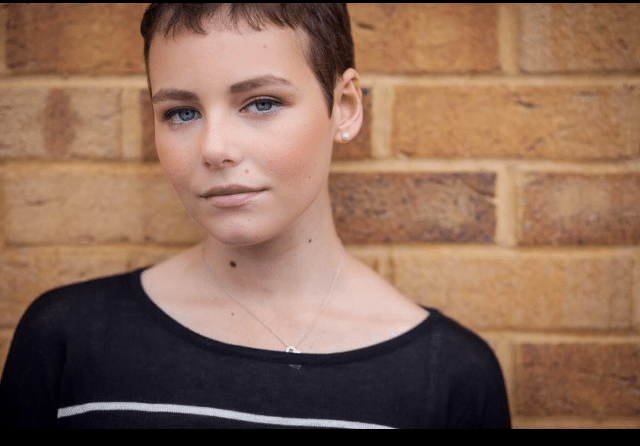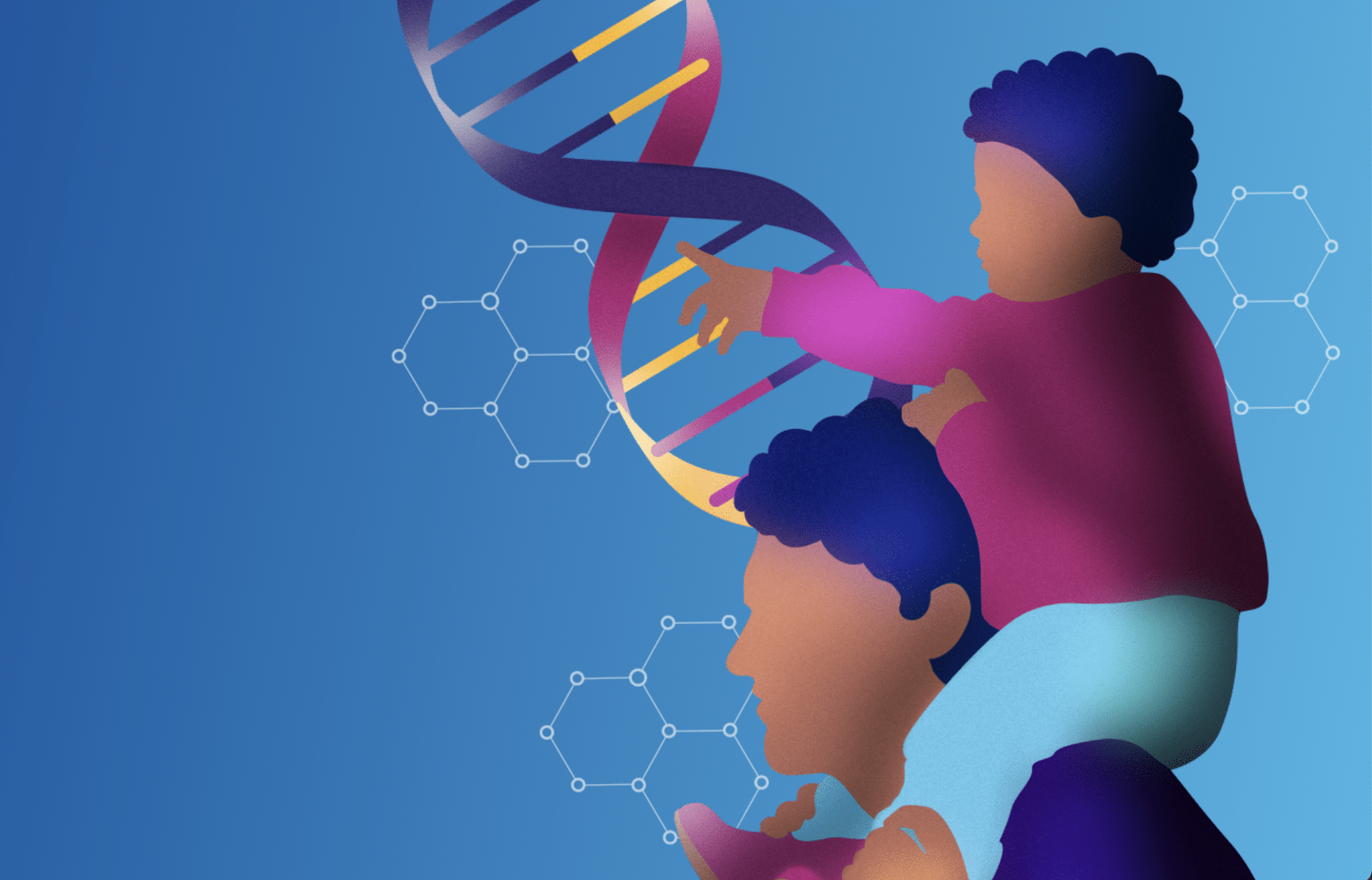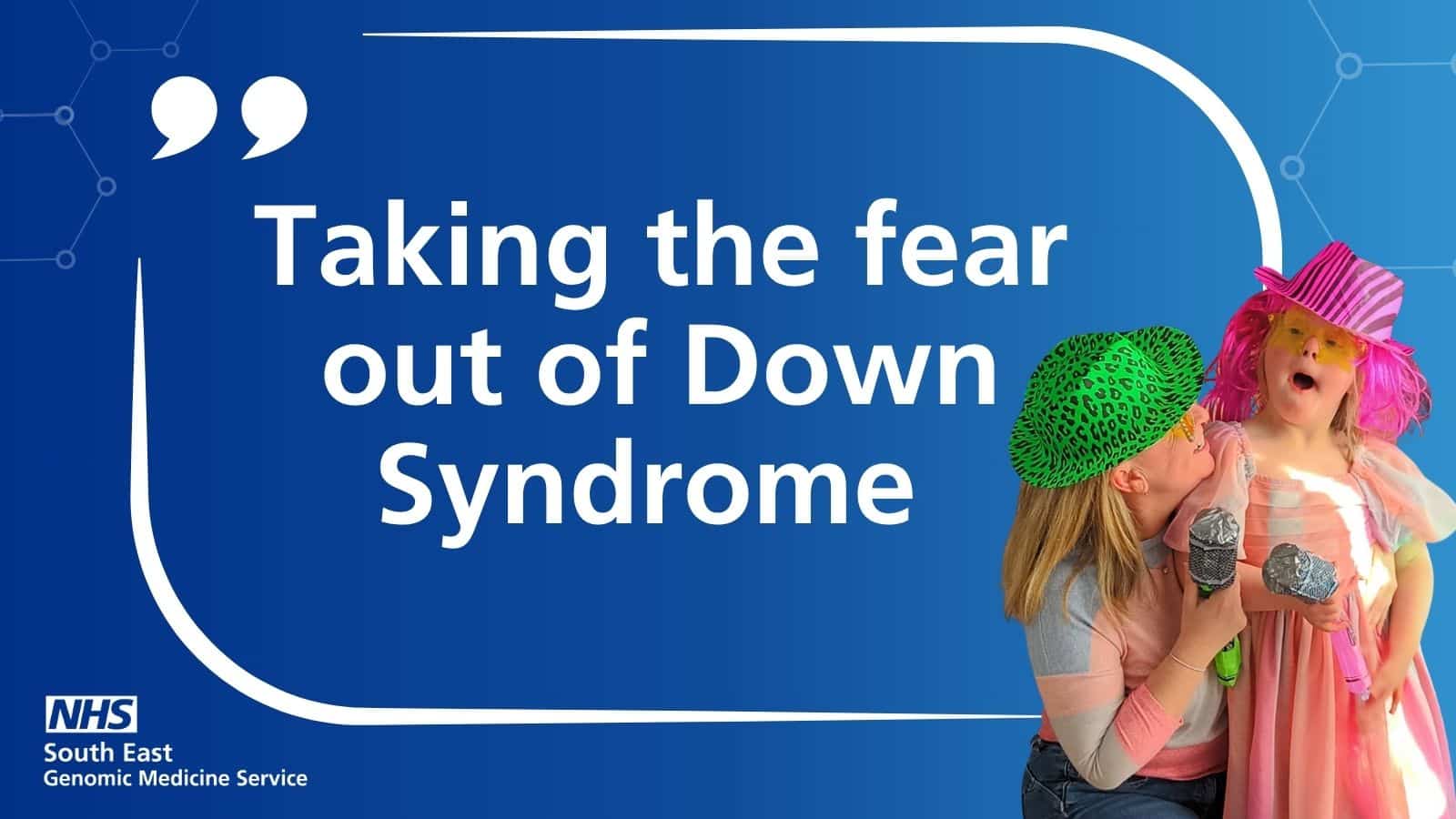Hundreds of people at increased cancer risk identified by new NHS genetic testing programme

Hundreds of people with Jewish ancestry in England have been identified as being at increased risk of cancer and offered risk-reducing options, as part of a new NHS genetic testing programme.
New data shows that over 25,000 free saliva test kits have now been requested and delivered as part of the NHS Jewish BRCA Testing Programme since its launch in January 2023.
Around 11,000 tests have now been processed, with 235 people (2.1%) testing positive for a BRCA gene mutation, which increases the risk of breast, ovarian and prostate cancer, enabling them to seek early access to screening and preventive options – and thousands of others given reassurance that they do not carry the gene fault.
The programme is part of a major NHS drive to detect cancers earlier when they are easier to treat, helping to better identify people who are at increased risk to help prevent more cancers and save lives.
Under the programme, BRCA gene testing is offered for anyone living in England, aged 18 or over with at least one Jewish grandparent, regardless of faith, religious practice, or any other criteria.
Tests can be ordered online from the NHS and completed at home, by taking a sample of saliva and sending it off to a laboratory.
Those born with altered BRCA1 and BRCA2 genes have a greater risk of developing breast, ovarian, prostate or pancreatic cancer.
People with Jewish ancestry are far more likely to have inherited faulty BRCA genes than the general population. For example, one in 40 Ashkenazi Jews and around one in 140 Sephardi Jews having a faulty BRCA gene, compared to around one in 250 of the UK general population.
Research also shows, that up to 40% of ovarian cancer cases, and 10% of breast cancer cases in the Jewish community are associated with a BRCA gene fault.
People who are found to have altered BRCA genes are given early access to NHS cancer detection services such as mammograms or MRI scans; and may also be offered preventative surgery or medication, and advised to make risk-reducing lifestyle changes.
NHS England developed its programme in partnership with charities Jnetics and Chai Cancer Care, who have run highly successful engagement campaigns to raise awareness in Jewish communities, encouraging over 25,000 people to come forward for a free test in the first 2 years.
Health chiefs said the testing programme gives individuals who test positive the knowledge to make informed choices and allows them to access a range of options available on the NHS.
Professor Peter Johnson, NHS National Clinical Director for Cancer, said: “It’s encouraging that so many people have come forward for testing and that hundreds living with an increased risk have been identified and can now be supported to make informed choices about monitoring and risk-reducing options. “We want as many people as possible to take advantage of this innovative testing programme, so please continue to come forward for a simple saliva test if you are eligible. If you are sitting on a testing kit at home, we encourage you to complete and return the testing kit. The majority of people won’t be variant carriers of the BRCA gene, but if you are, the NHS can provide you with appropriate screening or treatment.”


